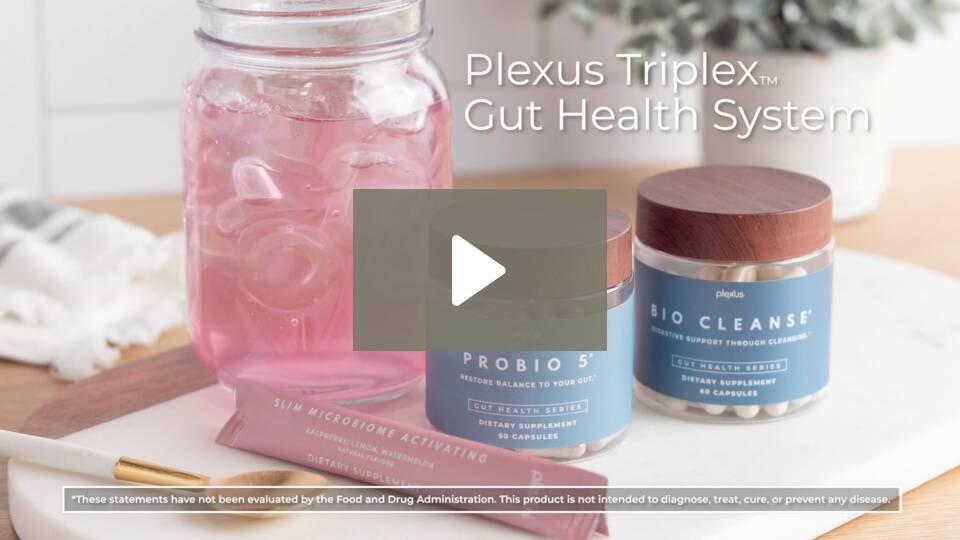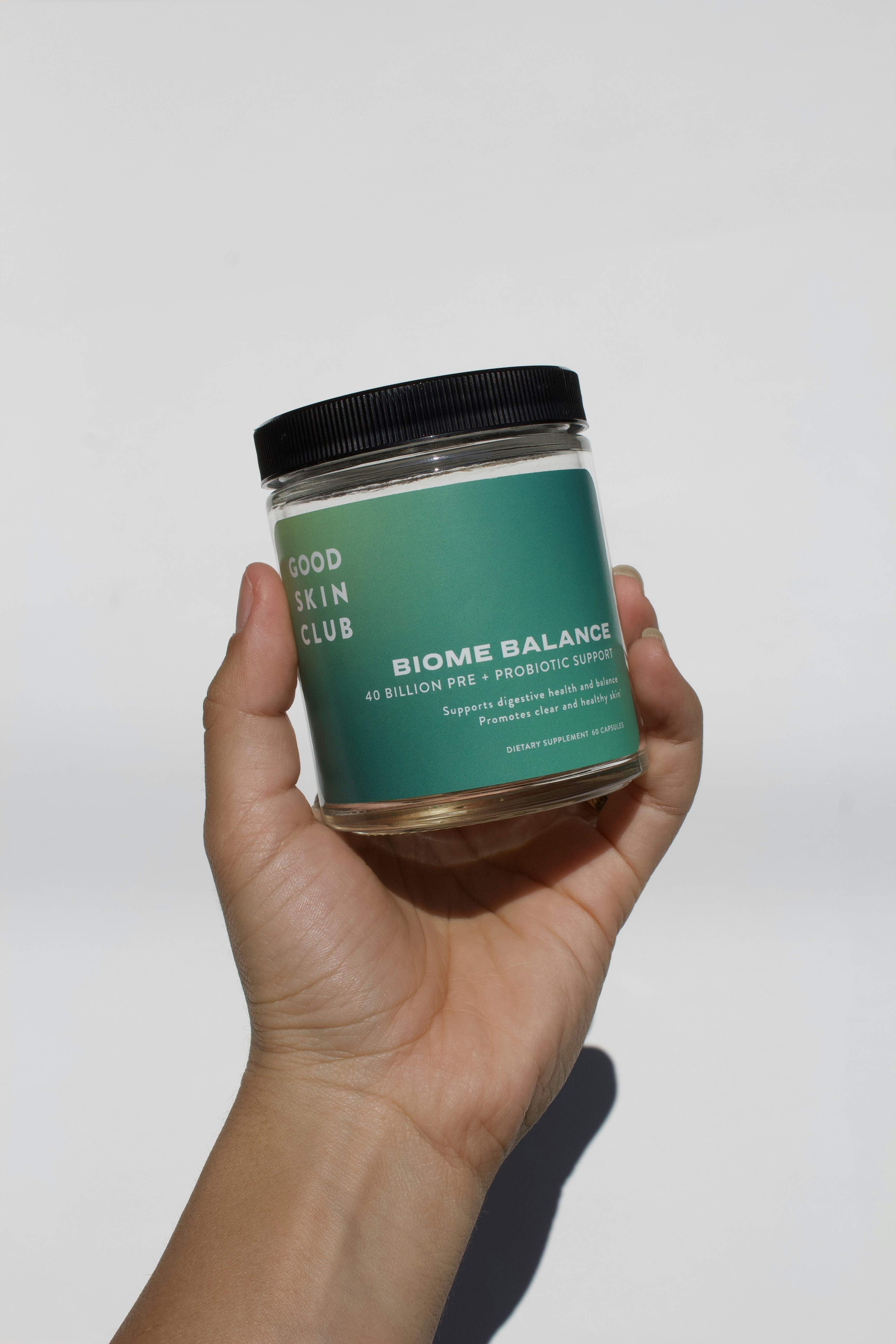Understanding Gut Health
Gut health refers to the overall function and balance of the gastrointestinal tract, which plays a crucial role in digestion, nutrient absorption, and immune system regulation. Central to gut health is the gut microbiome, a complex community of trillions of microorganisms, including bacteria, viruses, fungi, and protozoa that reside in the digestive system. This intricate ecosystem aids in breaking down food, synthesizing essential vitamins, and protecting against pathogens. Moreover, a healthy gut microbiome contributes to overall well-being, influencing not only physical health but also mental health and energy levels.
Research indicates a significant connection between gut health and mental well-being, often referred to as the gut-brain axis. The gut microbiome produces neurotransmitters like serotonin, which are crucial for mood regulation. An imbalance in gut bacteria can lead to mental health issues such as anxiety and depression. Additionally, gut health can impact energy levels; when gut function is compromised, nutrient absorption becomes inefficient, leading to fatigue and low energy.
Moreover, maintaining a healthy gut is linked to lowering the risk of various diseases, including obesity, diabetes, and autoimmune disorders. On the contrary, factors that disrupt gut health include poor diet, particularly one high in processed foods, excess sugar, and unhealthy fats. Stress also plays a significant role, as it can alter gut motility and change the composition of gut bacteria adversely. The use of antibiotics, while necessary in some medical cases, can further disturb the microbial balance, leading to digestive issues and increased susceptibility to infections.
Given the multifaceted impacts of gut health on overall well-being, it becomes increasingly evident that nurturing the gut microbiome through a balanced diet and lifestyle choices is essential for maintaining optimal health. Understanding these dynamics lays the foundation for the subsequent discussion on effective probiotics and nutrition strategies to support gut health.
The Role of Probiotics in Supporting Gut Health
Probiotics are live microorganisms, predominantly beneficial bacteria, that offer various health benefits, especially regarding gut health. They contribute to the balance of the gut microbiome, which plays a crucial role in digestion, nutrient absorption, and immune functionality. Probiotics work by inhibiting the growth of harmful bacteria, promoting the production of essential nutrients, and enhancing the integrity of the gut barrier.
There are numerous strains of probiotics, each serving unique functions. For instance, Lactobacillus and Bifidobacterium species are among the most researched strains and have shown effectiveness in improving digestive health, alleviating conditions such as irritable bowel syndrome (IBS), and reducing symptoms associated with antibiotic use. Additionally, Saccharomyces boulardii, a beneficial yeast, can bolster gut health by combating diarrhea and maintaining microbial balance.
Incorporating probiotics into one’s diet can be achieved through various means. Fermented foods such as yogurt, kefir, sauerkraut, and kimchi are naturally rich in these beneficial bacteria. However, for those seeking concentrated doses, probiotic supplements are available. These come in multiple forms, including capsules, tablets, powders, and liquids. When considering supplementation, it is essential to choose products that contain diverse strains and are backed by scientific research.
Determining the appropriate dosage can vary based on individual health conditions and the specific probiotic strains used. Generally, a daily intake of 1 to 10 billion CFUs (colony-forming units) is a common recommendation. It is advisable to consult healthcare professionals before beginning any new supplement regimen to ensure compatibility with personal health goals and conditions.
Understanding the multifaceted role of probiotics is vital for anyone looking to enhance their gut health. By selecting beneficial strains and incorporating them into one’s daily routine, individuals can promote a thriving gut microbiome and support overall well-being.
Eating for a Healthy Gut: The Power of Nutrition
Maintaining a healthy gut is crucial for overall well-being, and nutrition plays a significant role in nurturing the microbiome. A diet rich in fiber, prebiotics, and probiotics can promote the growth of beneficial bacteria in the gut. Foods such as fruits, vegetables, whole grains, and legumes are excellent sources of dietary fiber, which supports digestive health and can help prevent constipation. Incorporating foods like apples, bananas, berries, and leafy greens can make a positive impact on gut flora.
Prebiotics, found in foods like garlic, onion, and asparagus, serve as nourishment for good bacteria, enhancing their effectiveness. Fermented foods, such as yogurt, kefir, kimchi, and sauerkraut, are rich in probiotics, which introduce beneficial microorganisms directly into the digestive tract. Including these items in daily meals can significantly improve gut health. For example, starting the day with a smoothie made from yogurt, spinach, and a banana can serve as a delicious and nutritious option that benefits the gut.
Hydration also plays a vital role in maintaining a healthy gut. Drinking an adequate amount of water daily aids digestion by ensuring that fiber can do its job effectively. It also helps in the absorption of nutrients. On the other hand, it is essential to limit or avoid gut irritants such as excessive sugar and processed foods. These items can disturb the microbial balance in the gut, potentially leading to digestive issues. A practical meal plan focusing on whole, unprocessed foods can provide the necessary nutrients. For instance, a balanced lunch could include a quinoa salad topped with colorful vegetables and a dollop of fermented dressing.
Incorporating these gut-friendly foods into your diet can not only enhance gut health but also contribute to overall physical and mental wellness. Simple changes, such as experimenting with new recipes or swapping out refined grains for whole grains, can have a profound effect on your gut microbiome.
Lifestyle Factors That Impact Gut Health
Understanding the multifaceted nature of gut health involves recognizing the various lifestyle factors that can significantly influence the state of our microbiome. While diet and probiotics are key contributors, other elements, including physical activity, stress management, quality sleep, and avoidance of harmful substances, are equally important for maintaining a healthy gut.
Regular exercise has been shown to promote a diverse microbiome, which is essential for optimal digestive health. Engaging in physical activity helps stimulate the gut, improve circulation, and encourage the growth of beneficial gut bacteria. Aim for at least 150 minutes of moderate aerobic activity each week, which can be easily integrated into daily routines.
Managing stress is vital for gut health, as high stress levels can lead to imbalances in gut bacteria. Chronic stress triggers the release of hormones such as cortisol, which can negatively impact digestive processes and contribute to gut dysbiosis. Techniques such as mindfulness, yoga, and deep-breathing exercises can effectively reduce stress and foster a balanced gut environment.
Sleep is another crucial factor influencing gut health. Insufficient sleep can disrupt the body’s circadian rhythms, which in turn affects the gut’s microbial composition. Prioritizing adequate and quality sleep not only supports overall health but also promotes a thriving gut microbiome. Aim for seven to nine hours of uninterrupted sleep per night to reap optimal benefits.
Lastly, avoiding harmful substances greatly contributes to gut health. Tobacco uses and excessive alcohol consumption can lead to inflammation and disrupt the delicate balance of gut flora. Making conscious choices to abstain from these substances can protect and enhance the microbiome, ultimately fostering better health and well-being.
Incorporating these lifestyle factors into daily routines fosters a holistic approach to gut health. Combined with a balanced diet and proper probiotic intake, these practices can lead to improved digestive function and overall wellness. It’s definitely a process to get your gut healthy and doesn’t happen overnight but I can tell you that for me, using my Plexus supplements daily and being consistent has really made a difference. Ready to make a difference in your gut? Checkout my website mysite.plexusworldwide.com/LisaHutchinson/home


